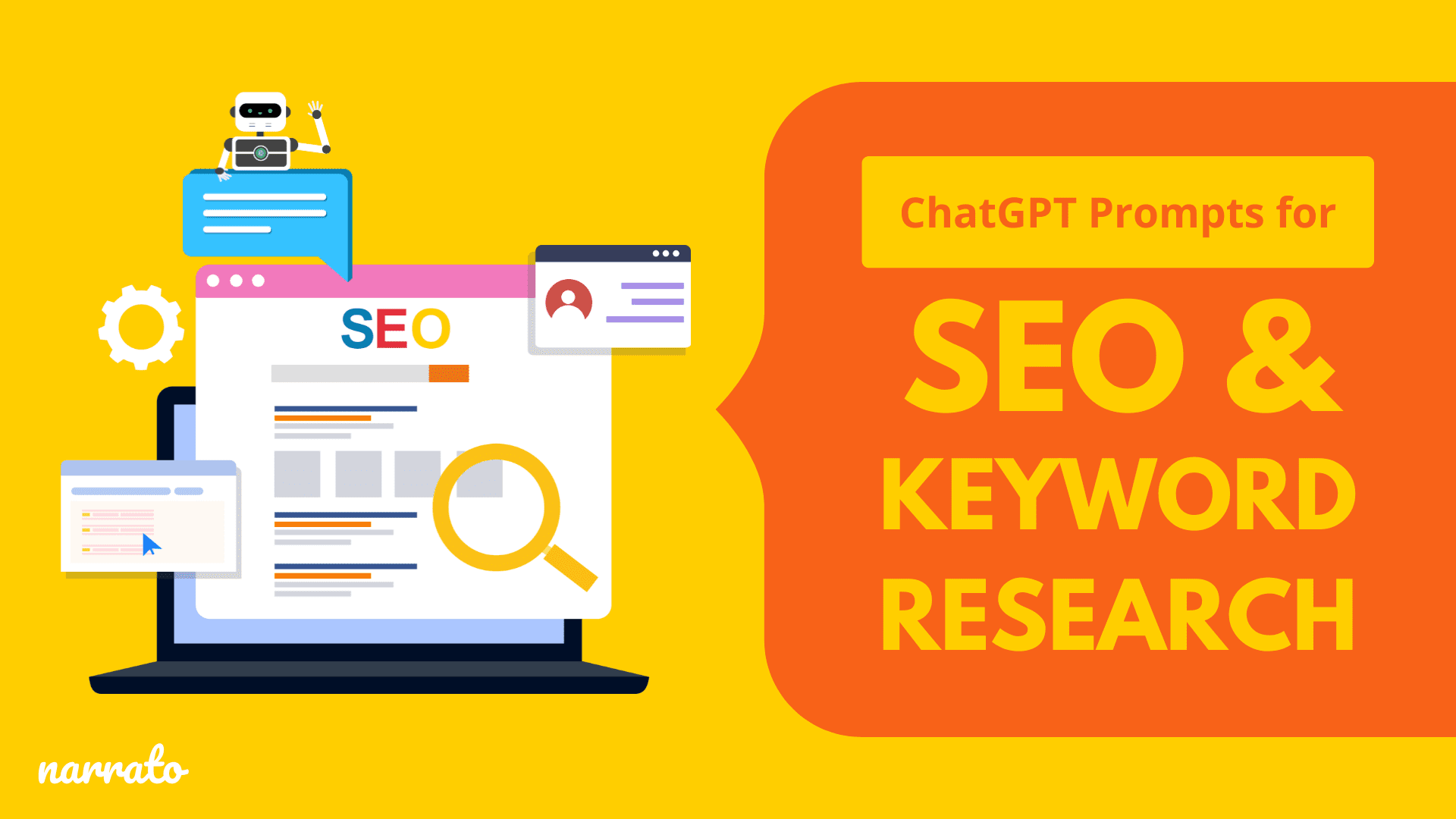Do Keywords Like “ChatGPT” Boost Website Traffic?

In today’s digital landscape, search engines remain the lifeblood of online visibility. Whether for media outlets, e-commerce platforms, or personal blogs, appearing on the first page of Google can determine success or obscurity. As artificial intelligence tools like ChatGPT surge in popularity, a fascinating question arises: can trending keywords such as “ChatGPT” truly boost website traffic, or are they short-lived hype that fades quickly? To answer this, we need to analyze how search behavior works, what role trending terms play, and how websites can strategically leverage them for long-term growth.
The Power of Keywords in Digital Strategy
Keywords are the foundation of search engine optimization (SEO). They connect user intent with digital content, guiding search engines to display the most relevant results. High-volume keywords attract massive competition, while niche terms (long-tail keywords) often convert more effectively.
The keyword “ChatGPT” provides a compelling example. Since OpenAI launched its conversational AI in late 2022, searches for “ChatGPT” have exploded worldwide. Platforms covering News stories about artificial intelligence, productivity hacks, or ethical debates often experience spikes in traffic simply by integrating the term strategically into their content.
Why “ChatGPT” Became a Traffic Magnet
Several factors explain the meteoric rise of “ChatGPT” as a keyword:
-
Novelty and Curiosity – The tool’s capabilities fascinated both tech enthusiasts and the general public.
-
Practical Applications – Writers, developers, students, and businesses immediately explored its utility, fueling organic demand for tutorials and guides.
-
Media Coverage – Global outlets highlighted ChatGPT in Breaking News sections, making the term mainstream.
-
Network Effect – As millions adopted the tool, conversations about it spread across social media, multiplying searches.
This combination created the perfect SEO storm, turning “ChatGPT” into one of the most valuable keywords in recent memory.
The Risks of Chasing Trends
While the popularity of “ChatGPT” presents opportunities, it also highlights risks. Websites that chase trends too aggressively may see temporary traffic spikes but fail to retain long-term visitors. Search engines reward consistency and authority, not short-term opportunism.
For example, publishing dozens of low-quality articles stuffed with the keyword “ChatGPT” may initially draw clicks but risks penalties for keyword spamming. Furthermore, interest in a single term often declines after the initial hype. This phenomenon is evident in U.S News and World, where trending terms dominate briefly before fading.
Balancing Evergreen and Trending Keywords
The key to sustainable SEO is balancing evergreen keywords (stable, long-term terms like “best SEO tools”) with trending ones like “ChatGPT.” Evergreen content ensures steady visibility, while trending terms offer bursts of attention. Smart publishers weave both into their strategies.
For instance, an article on “AI tools for content creation” may generate consistent traffic. Adding a section on ChatGPT ensures the piece also benefits from current trends, striking a balance between stability and freshness.
Case Studies: Traffic Boost from ChatGPT Content
Numerous websites have reported exponential traffic increases after publishing ChatGPT-related articles. Tech blogs, productivity platforms, and even mainstream media outlets saw record engagement levels.
-
A mid-sized blog that published “Top 10 Ways to Use ChatGPT” experienced a 400% traffic boost within a month.
-
A financial news site incorporated ChatGPT into its Trump News analysis, linking AI’s influence to politics, and observed significant engagement from crossover audiences.
-
Educational platforms saw surges in enrollment for AI-related courses after optimizing pages around ChatGPT.
These examples demonstrate that ChatGPT is not only a keyword but also a cultural phenomenon shaping multiple industries.
SEO Best Practices for Leveraging ChatGPT
To fully capitalize on “ChatGPT” as a keyword, websites should adopt SEO strategies that go beyond hype:
-
Contextual Integration – Place “ChatGPT” naturally within relevant discussions.
-
Long-Tail Variations – Use phrases like “ChatGPT for students,” “ChatGPT productivity hacks,” or “ChatGPT vs competitors.”
-
High-Quality Content – Prioritize value and depth to build authority.
-
Link Building – Strengthen credibility by securing backlinks from reliable News sources.
-
Multimedia Expansion – Videos, podcasts, and infographics boost engagement around trending terms.
By combining relevance with quality, websites can turn temporary interest into lasting influence.
Long-Term Implications of ChatGPT Popularity
The rise of ChatGPT also signals broader trends in digital culture. It illustrates how quickly technology can reshape public discourse and search behavior. Just as smartphones once dominated searches, AI tools may define the next decade of online visibility.
Moreover, the popularity of ChatGPT highlights the growing convergence of technology, media, and politics. Coverage of AI in World news often overlaps with debates on jobs, ethics, and governance. As a result, keywords like “ChatGPT” are more than SEO tools—they are windows into cultural priorities.
Summary
Keywords like “ChatGPT” undeniably boost website traffic, but the challenge lies in converting temporary attention into long-term engagement. While trending terms bring visibility, only a balanced SEO strategy ensures sustainable growth. By integrating ChatGPT into broader content strategies—without relying solely on it—publishers can attract audiences, establish authority, and future-proof their platforms against the next wave of digital change.
In short, ChatGPT may be a keyword, but its true power lies in what it represents: the intersection of technology, curiosity, and the endless human search for knowledge.




